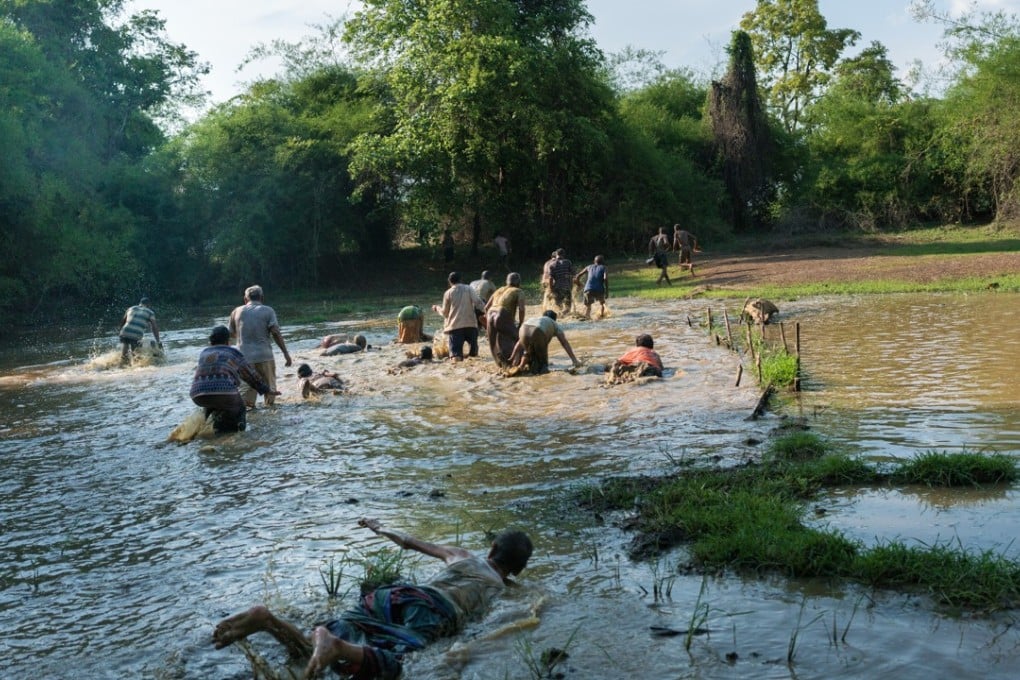Demonic possession in Laos - is it real, or a pretext for village chiefs to banish troublemakers and nonconformists?
The animist spirit Phi Pob is believed to cause illness and death, and eat human livers; in a tumbledown Mekong River village, Laotians who’ve stood up to authority live in forced exile, accused of being possessed by the demon

May Day in the Four Thousand Islands, a riverine archipelago that dots an especially wide stretch of the Mekong. On a public holiday to celebrate workers across the ever-shrinking communist world, a very different sort of ritual is being held here, at the southernmost tip of the Lao People’s Democratic Republic.
Villagers gather in a clearing in the woods on the outskirts of Nakasang, a small market town on the banks of the river, bringing with them flowers, candles and eggs. They leave the offerings at the base of a building in which two spirit mediums are working themselves into a trance while dancing to traditional music.
Through gulps of whiskey and puffs on cigarettes, Xouan and Phouang begin to channel a powerful entity. The two women are about to exorcise an evil spirit from a group of 30 or so villagers waiting on the ground below.
Mostly middle-aged or elderly, those sitting in the dirt have come from across Laos, and some from neighbouring Cambodia, and they all have one thing in common: having been “possessed” by the fearsome Phi Pob, they have been exiled to Nakasang or one of its two satellite villages, Ban Phiengdy and Ban Mai Xivilay.
According to Lao tradition, Phi Pob causes illness and death, has a taste for human liver and can wreak havoc in a community once it takes possession of a human host.
Kheuang Phoueyxana, 65, for example, was blamed for the deaths of three villagers from mysterious “stomach aches” on nearby Khamao Island. The relatives of the deceased concluded Phi Pob must have been responsible and, after the village committee agreed it was in him, Phoueyxana was put on a boat to the mainland the next day.